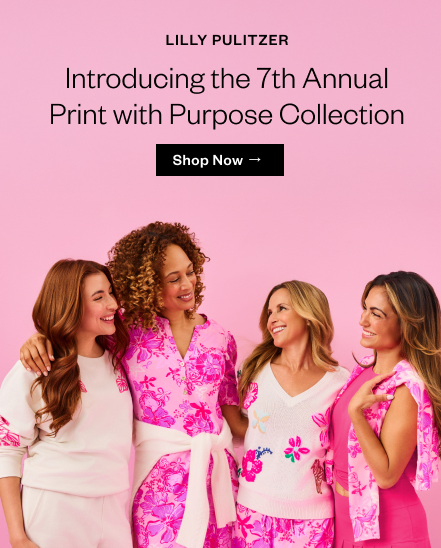At Stage, we avoid products with ingredients that are known carcinogens or hormone disruptors, the types of ingredients that are most relevant to your cancer-fighting journey. These ingredients are named on The Banned List:
- Aluminum (H): a sweat-blocking ingredient found in antiperspirants that may increase cancer risk and cause hormone disruption.
- Formaldehyde and formaldehyde-releasing ingredients (C): preservatives found in body care, shampoo, and nail polish with links to cancer and skin irritation.
- Oxybenzone (H): a UVA/UVB-blocking ingredient found in sunscreen, lip products, and makeup that is a hormone disruptor.
- Parabens (H/C): preservatives found in skin care, body care, and hair care that may cause hormone disruption, reproductive harm, and increase cancer risk.
- Phthalates (H): stabilizing, fragrance-enhancing ingredients found in perfume, skin care, body care, hair care, and nail polish with links to hormone disruption and reproductive harm.
- Sulfates (H): foaming and emulsifying ingredients found in shampoo and soaps that have links to hormone disruption and skin irritation.
- Talc (C): a naturally-occurring ingredient found in powdered makeup, deodorant, and body care with asbestos contamination concerns.
- Triclosan (H): an antimicrobial ingredient found in soap, hand sanitizer, toothpaste, and acne products that may cause hormone disruption.
Which products are most essential to switch to clean versions?
We recommend finding clean versions of the products you use most frequently and over the biggest area of your body (e.g. body lotion, shampoo, conditioner). Remember, every ingredient in your personal care, food, and environment influences your overall body burden (you can read more about this in Clean Beauty 101).
I'm just starting treatment, do I need to make these changes immediately, or can they wait?
Go at your own pace. At Stage, we curate a safe assortment for you, so it’s easy to get started when you’re ready.
What's the difference between 5-free, 7-free and 11-free nail polish formulas?
As the numbers of ‘free’ ingredients rise, so does the list of potentially toxic ingredients left out of these formulas. 5-free formulas leave out the ‘toxic trio’ of toluene, dibutyl phthalate (DBP), and formaldehyde, as well as formaldehyde resin and camphor— the most important ingredients to omit. 7-free polishes also leave out ethyl tosylamide and xylene. 11-free polishes leave out 4 additional ingredients. At Stage, we only approve polishes that are 5-free and above.
If I'm getting a manicure at a salon, can I use their regular formulas or should I bring my own?
While the dosage of these ingredients in skincare products is usually low enough to not be a concern, we recommend waiting until after your treatment is complete. Always consult with your medical professional before making a decision to use during treatment.
Do I need to avoid topical skincare products with antioxidants such as vitamin C, vitamin E, and green tea during chemotherapy and radiation?
While oral antioxidant supplements are often avoided during chemotherapy and radiation, low dose topical antioxidants in skincare can be appropriate, as long as they are not sensitizing to your skin. We recommend that you consult your care team regarding particular ingredients in your regimen and, if in doubt, avoid topical antioxidants until your treatments are complete. During treatment, always avoid sensitizing and exfoliating skincare ingredients including alpha and beta hydroxy acids, retinol, benzoyl peroxide (found in acne products), alcohol, and exfoliating scrubs.
Do the terms ‘organic beauty,’ ‘clean beauty,’ and ‘nontoxic beauty’ have the same meaning?
While the terms ‘organic beauty,’ clean beauty,’ and ‘nontoxic beauty’ are often used interchangeably to refer to beauty products without concerning ingredients, they do have slightly different meanings. Organic beauty is a term reserved for products made with certified organic ingredients. Clean beauty is a general term referring to products that do not contain any number of concerning ingredients. The list of concerning ingredients is subjective but often includes
Clean beauty 101-Why, When and How to Update your Routine.
Natural, organic, paraben-free, aluminum-free: you’ve heard the buzzwords and noticed the terms on your beauty product labels, but you’re still left wondering—does it all really matter? Like little habits repeated day after day, ingredient exposuresdoadd up over weeks, months, and years.



